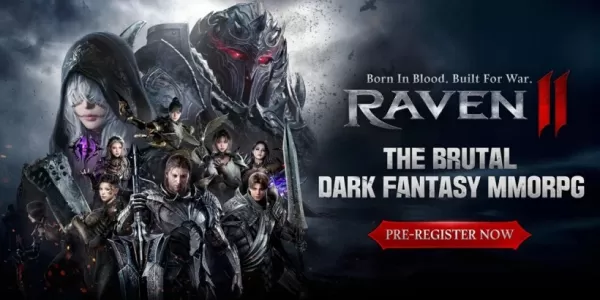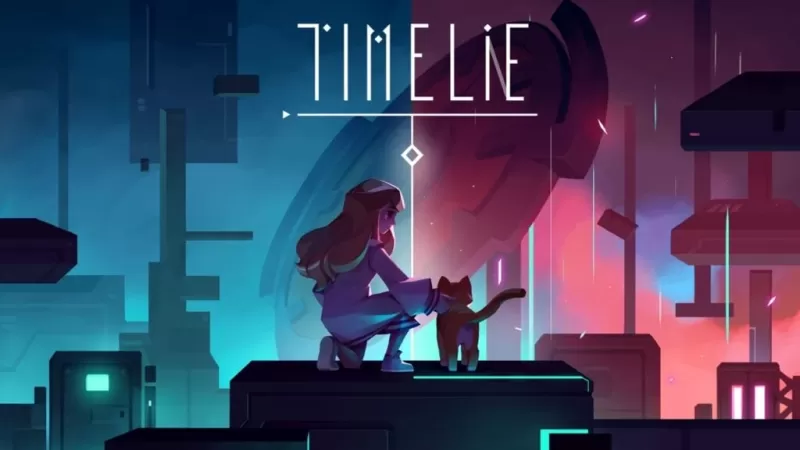NetEase's Marvel Rivals has undeniably struck a chord with gamers, amassing an impressive ten million players within just three days of its launch and generating significant revenue for the developer in the subsequent weeks. However, a recent Bloomberg report sheds light on the internal turbulence at NetEase, revealing that CEO and founder William Ding was on the verge of canceling the game due to his hesitations about utilizing licensed intellectual property.
According to the report, Ding has been actively streamlining NetEase's operations by cutting jobs, closing studios, and pulling back from international investments. His aim is to create a more focused portfolio capable of countering a recent dip in growth and keeping pace with competitors like Tencent and MiHoYo. Part of this strategic retraction nearly included the cancellation of Marvel Rivals. Sources indicate that Ding was reluctant to pay for the use of Marvel's licensed characters and had tried to convince artists to employ original designs. An attempted cancellation reportedly cost NetEase millions, yet the game was released and has since enjoyed remarkable success.
Despite this triumph, NetEase's restructuring efforts continue. Just this week, it was announced that the Marvel Rivals team in Seattle was laid off, with the company citing "organizational reasons" for the move. Over the past year, Ding has also halted investments in overseas projects, previously a focus area with investments in studios like Bungie, Devolver Digital, and Blizzard Entertainment. The report suggests that Ding's criteria for game development have become stringent, considering only those projects with the potential to generate hundreds of millions annually as viable, though a NetEase spokesperson clarified to Bloomberg that the company does not set "arbitrary blanket numbers" for game viability.
Internally, NetEase is facing challenges as well, with employees describing Ding's leadership as volatile. They report that Ding makes rapid decisions and frequently changes his mind, has pushed staff to work late hours, and has recently appointed numerous recent graduates to significant leadership positions. The scale of project cancellations has reportedly been so extensive that NetEase might not release any new games in China next year.
NetEase's retreat from game investments coincides with a period of uncertainty in the global gaming industry, particularly in Western markets. The sector has seen consecutive years of widespread layoffs, game cancellations, and studio closures, compounded by the underperformance of several high-cost, high-profile game releases.






























